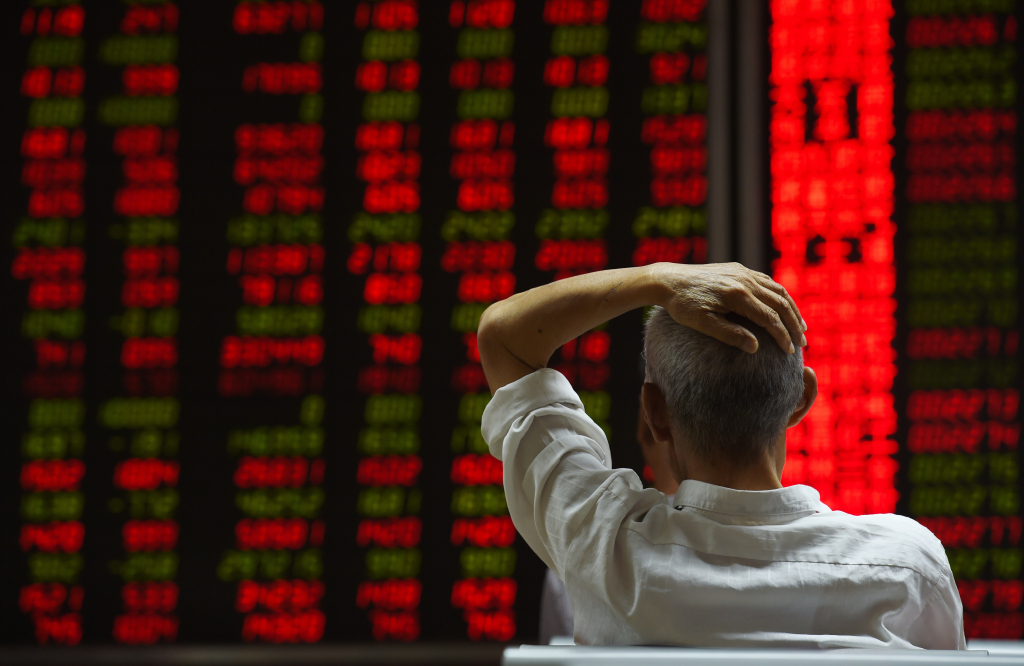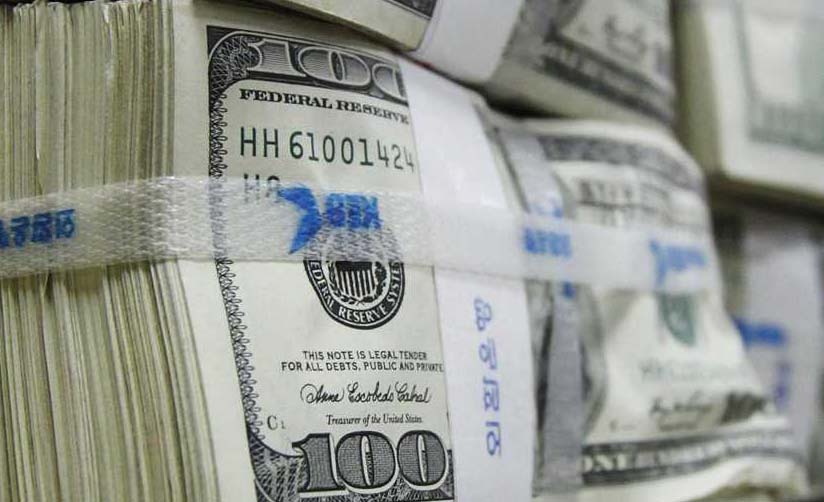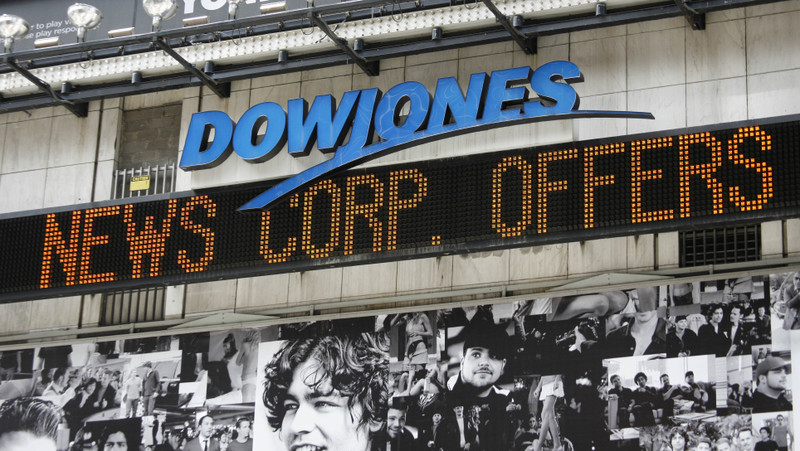US equities suffered their worst weekly performance since the US election back in November. The S&P 500 declined 1.44% while the Dow Jones industrial average lost 318 points and the heavy tech Nasdaq index fell 1.22%.
The fall in equities was largely attributed to failure of Trump’s first test when his own party leaders pulled legislation to replace Obamacare. The lesson learned last week is that a Congress controlled by the Republicans doesn’t necessarily mean the President will be able to pass laws or his negotiation may work in business deals. Unfortunately for him, it seems politics is going to be a different type of game that requires a different form of art.
Although investors didn’t like the news, markets quickly managed to recover most of their losses on Friday after Trump signalled they would move on to the next phase of cutting taxes – the key contributor to the market’s rally.
I believe that few knew replacing the health care would be this complicated, and it’s becoming more apparent that tax reforms and fiscal stimulus won’t be any easier especially that many Republicans don’t support massive deficits. Given that investors have been pricing in the expected changes in fiscal policies for almost five months, I find it somehow difficult to keep buying into this market based only on promises.
Advertisement
Investors might begin reassessing their positions and for those who were completely ignoring market valuations it’s time to reconsider looking at some important metrics. Most valuation metrics are indicating overstretched prices, whether it is P/E, Price/Book, Free cash flow yield, cyclically adjusted P/E, and the list goes on. However, in a momentum trade, driven by very optimistic expectations very few care about current valuations. But if you believe that Trump’s honeymoon is over and last week’s experience is just a guide on what to expect next, I believe markets will sell off sharply, probably up to 10% correction.
The VIX index sent its first warning signal on Friday, jumping above 14 for the first time in 2017. Meanwhile, the fall in U.S. Treasury yields are also indicating that many investors wanted to be in a safe place. I’ll be mostly worried on the financial sector, which is likely to take the biggest hit in case of a market correction. So be prepared for a bumpy road ahead, and make sure you fasten your seatbelts
Advertisement
Add a comment






